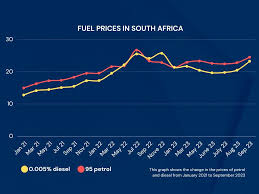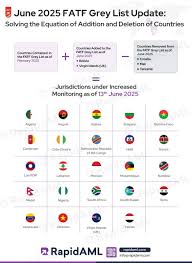Introduction
The recent announcement of a petrol price drop in South Africa has sparked discussions among consumers and industry experts alike. For many individuals and businesses, fluctuating fuel prices significantly impact daily expenses and operational costs. This latest reduction, leading to a decrease of around R1.50 per litre effective from the start of the month, is not only welcomed by motorists but also highlights ongoing issues surrounding fuel pricing in the country.
Details of the Price Drop
According to the Department of Energy, the retail price for petrol will decrease from R23.19 to R21.69 per litre, while diesel is reduced by roughly 90 cents. This follows adjustments made due to a combination of factors, including lower international oil prices and the strengthening of the Rand against the US Dollar. The announcement indicates a concerted effort by authorities to ease the financial burden on citizens, especially given the rising costs for food and other essential goods.
Reactions from Consumers and Experts
John Smith, a regular commuter in Johannesburg, expressed relief at the news, stating, “Any drop in petrol prices is a blessing; it helps my monthly budget, especially when I have to travel for work every day.” On the other hand, energy analysts warn that while this drop is welcome, it may not be sustainable in the long run due to global fluctuations in oil prices and local economic conditions.
Furthermore, the Road Freight Association has noted that reduced fuel costs can lead to lower transport rates, potentially lowering prices for goods transported by road, thus having a broader effect on the economy.
Conclusion
The decrease in petrol prices in South Africa is a much-needed relief for consumers grappling with the rising costs of living. As economic pressures continue to mount, it remains essential for authorities to monitor fuel prices closely and implement measures that safeguard consumers from future volatility. Industry experts forecast continued fluctuations in the petrol market, urging citizens to stay informed about potential changes in pricing structures. Overall, while this drop is beneficial, it serves as a reminder of the importance of sustainable energy practices.

